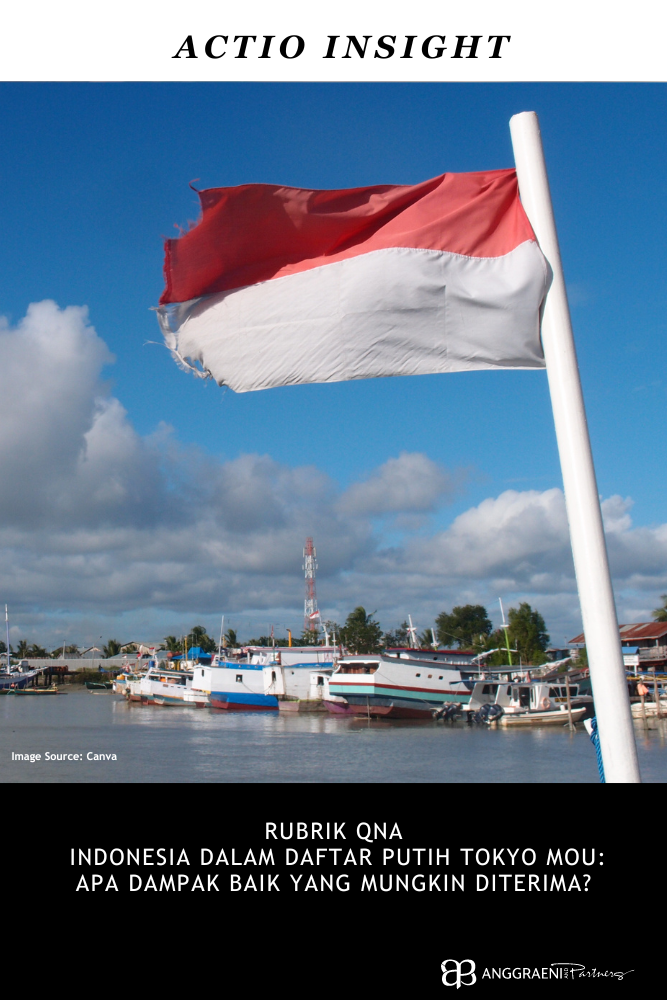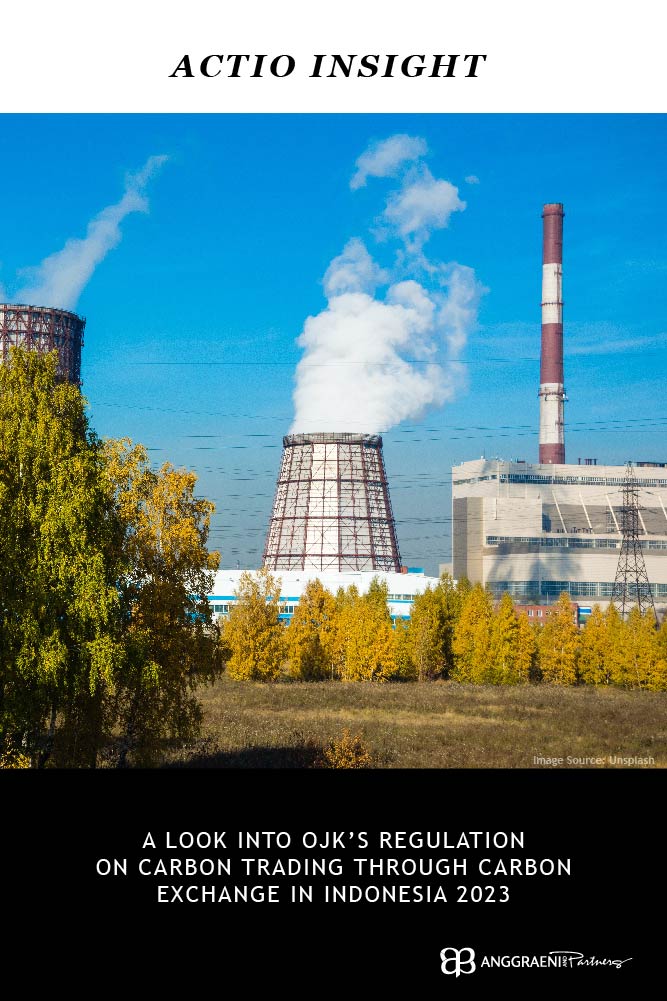An Inquiry Into The Legal Consequences of a Black Campaign
The presidential and general elections have been conducted intensively with Candidates employing both explicit or implicit campaigns. Their goals are clear, to be the election winner at whatever the cost to their political competitor.
Campaigns should ideally facilitate greater aware- ness of the Candidate’s vision, mission, program, and/or image and the Elections are governed by Law Number 7 of 2017 concerning General Election (“General Election Law”).
However, it is often that the general election participants, intentionally or not, resort to black campaigns in order to undermine the credibility and electability of the other Candidates.
Tragically, a few black campaigns are conducted by fanatical political sympathizers of Candidates who do not receive any direct actual benefit on the wining nor losing of their favored Candidate.
In fact, there are several legal consequences for people who initiate these black campaigns.
A. Ambiguity of Definition
Laws and regulations do not specifically define the definition of black campaign.
While, the definition provided by General Election Law is only limited to a definition of campaign.
Pursuant to the General Election Law, a campaign is defined as activity of the general election participants or other party appointed by them to attract voters by introducing their vision, mission, program, and/or image of the general election participants.
Meanwhile, The Official Indonesian Dictionary (KBBI) defines black campaign as a campaign whose goal is discrediting the political competitor.
The definition of black campaign in the KBBI above is still ambiguous since the scope of what constitutes “discrediting political competitor” has too broad a definition.
First, the discrediting action toward the political competitor may be conducted based on factual information, or commonly known as negative campaign.
Second, discrediting the political competitor may be to spread non-factual information, this second form commonly known as black campaign.
B. Consequence and Sanction
The legal consequences of a black campaign are found in various laws and regulations, including the General Election Law, Law Number 11 of 2008 concerning Information and Electronic Transaction (“ITE Law”), and the Indonesian Criminal Code (ICC) itself.
The principal differentiation of the aforesaid laws are with respect to its regulated parties.
Parties regulated under General Election Law are organiz- ers, participants, and campaign team in the general election, while ITE Law and ICC regulate individuals regardless of their position and role prior to, on, or after the general election.
1. General Election Law
Article 280 paragraph (1) section c and d General Election Law stipulate that organizers, participants, and campaign teams shall not
(i) discredit any person, religion, ethnic, race, group, candidate, and/or other general election participant, and
(ii) provoke and instigate any person or society.
Infringement of such provision conducted intentionally may attract a period of imprisonment for a maximum of 2 (two) years and a fine in the amount of IDR 24,000,000.00 (twenty four million rupiah).
Therefore, black campaigners may be convicted by criminal sanction under the General Election Law if such campaign contains materials that are intentionally made to discredit any religion, ethnic, race, and group, or intentionally contain provocation, and instigation.
2. ITE Law
Article 28 paragraph (2) ITE Law stipulates that any person who intentionally and without rights distributes any information intended to cause hatred or hostility between certain individual and/or group based on ethnic, religion, race, and group, may be convicted by imprisonment for a maximum of 6 (six) years and/ or fine in the amount of IDR 1,000,000,000.00 (one billion rupiah).
Therefore, black campaigners may be convicted under the ITE Law when such a black campaign causes hatred or hostility directed towards an ethnic, religious or racial group.
3. ICC
Black campaigns under the ICC may trigger Article 310 ICC which stipulates that any person who intentionally attacks the dignity or reputation of any other person, and expressly intended to be known to the public, may be convicted of criminal defamation with a maximum 9 (nine) months imprisonment or a fine in the amount of IDR 4,500,000.00 (four million five hundred thousand rupiah).
Therefore, black campaigners may also be convicted under ICC where statements contain incorrect accusations and is intended to be publicly known.
C. Black Campaign Case
One of the most interesting cases that has attracted widespread public attention are 3 (three) women in Karawang who produced a video shared on social media, stating that if one of candidate pairs were elected, there would be a prohibition on adzhan and thereafter a legalization of same-sex marriages.
Although the actual motives and status of the relevant 3 (three) women are still not known, it will be instructive to see how the police and prosecution deal with the case.
It is also unclear whether the trio whether they are members of a campaign team or only sympathizers of one of the presidential candidate pairs.
Be that as it may, the Police have made their position clear.
A statement by the Head of Public Relation of the Police Office of West Java, Police Commissioner Wisnu Andiko stated that the 3 (three) women will be sanctioned by various laws namely General Election Law and Article 28 paragraph (2) ITE Law with 6 (six) years imprisonment.
We will need to wait to see the results of the Police action.
D. Urgency for Regulation
Considering that a black campaign has such a close relationship with the general election, the regulation and sanctions of a black campaign and the organizers of such a campaign should be specifically regulated under the General Election Law.
Specific regulation would serve at least has 3 (three) purposes. First, to prevent society, participants, organizers, and campaign teams to refrain from conducting black campaigns. Second, to provide understanding and clarity for society that a black campaign is a criminal action expressly prohibited under the law.
Third, to provide convenience for the legal enforcers to apply the most relevant provisions on black campaign, considering that General Election Law, ITE Law, and ICC provides different sanction over black campaign practices. SCN/HES


